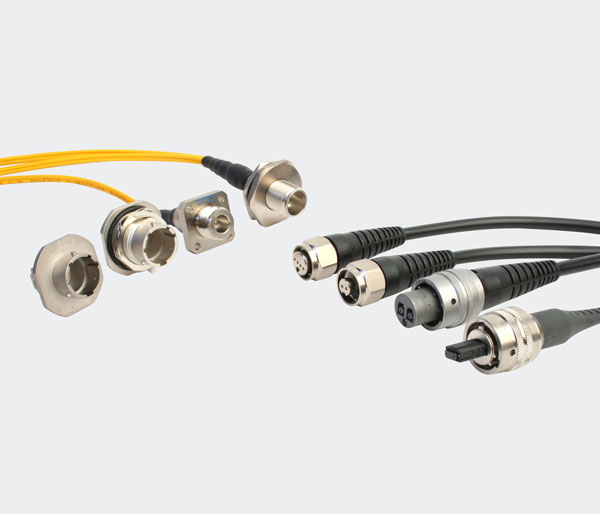According to a recent report by Reuters, National Digital Co., Ltd., which is responsible for Malaysia’s 5G project, said in a statement that according to the agreement, Ericsson will be responsible for end-to-end network development in Malaysia at a total cost of 11 billion ringgits (about 2.65 billion US dollars). Obviously, it means that Huawei lost in the battle for 5G equipment in Malaysia.
This result was completely unexpected. Malaysia once invited eight communication equipment suppliers, including Huawei, ZTE, Ericsson, Nokia, Samsung, NEC, Cisco, and Fiberhome, to participate in the bidding. Everyone thought they could always get a share. Unexpectedly, Malaysia only chose one equipment vendor to build the network and identified Ericsson as a partner in the development of 5G networks and ecosystems. It is estimated that the other seven equipment vendors will be out of anger, and they are all tied up. In the past, operators generally chose two or three equipment vendors when bidding, so that the Ericsson family would not eat alone.
Huawei has a very good relationship with Malaysian operators. As early as 2019, Huawei has signed preliminary agreements on 5G network cooperation with many telecom operators in Malaysia, including Celcom of Axiata, Telecom Malaysia (TM), Maxis, and Huawei have even tested their 5G network infrastructure projects in Putrajaya and Cyberjaya. No one thought that Huawei didn’t get a single shot in the 5G tender in Malaysia. In the early stage, it helped Malaysia to do so many 5G tests, and it was all in vain.
Malaysia has repeatedly stated that they are not concerned about the alleged accusations against Huawei, but are concerned about the prices of Huawei products.
In a speech at a conference at the end of May 2019, the then Malaysian Prime Minister Mahathir said when talking about the United States’ suppression of Huawei, “The United States has strong research and development capabilities in the past, but they must accept Eastern countries. There is also the fact of this ability”.
Mahathir also said, “I know that Huawei has already led the United States by a large margin in terms of technology.” “Malaysia hopes to use Huawei’s technology as much as possible” because the company’s scientific research capabilities “far exceed Malaysia’s overall research capabilities.”
Regarding the US claim that “the use of Huawei products may pose a security threat to national security,” Mahathir said, “What does Huawei want to monitor in Malaysia? We are like an open book, there is nothing to hide.”
Many analysts at the time believed that Huawei was the most competitive company in Malaysia’s 5G construction bid, and it was very likely to win this 5G construction order!
Even in October 2019, Huawei officially announced that at the Prime Minister’s Office in Kuala Lumpur, Malaysia, under the witness of Malaysian Prime Minister Tun Mahathir, Huawei and Malaysian operator Maxis formally signed a 5G cooperation contract for the development of Malaysia’s telecommunications industry which means an important step.
It turned out to be quite different. If the result of the bidding does not change, it means that Huawei is out of Malaysia’s 5G network.




